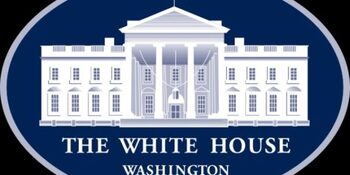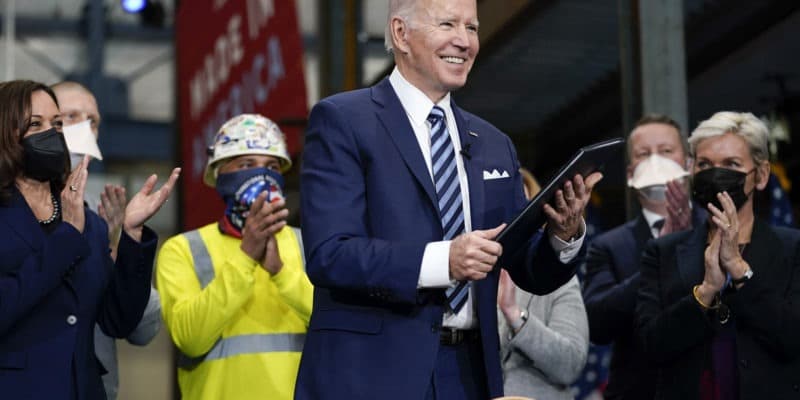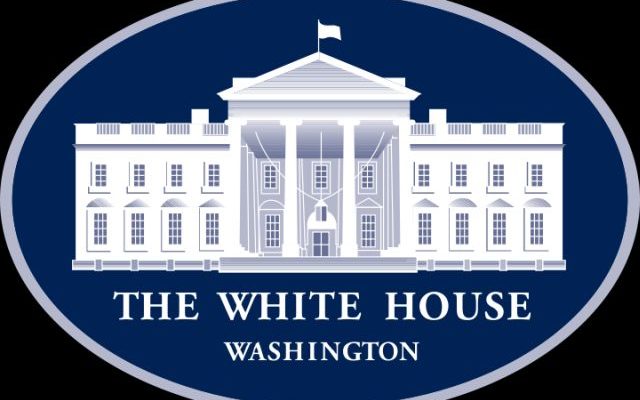Carlos Fuentes
February 7, 2025
Gov. Tina Kotek has affirmed her commitment to her union-friendly executive order that sparked widespread opposition from construction trade groups and Republican lawmakers.
Now, those opponents are weighing their options to fight back while Democratic lawmakers, who hold large majorities in both legislative chambers, are mostly staying silent.
The order, signed Dec. 18, requires state agencies to negotiate and sign labor agreements with contractors on all major state-funded construction projects for which labor makes up at least 15% of the total costs.
Under the executive order, state agencies must negotiate wages, working conditions and benefits for all workers. In return, contractors must follow strict labor dispute procedures to prevent walkouts and hire workers who are typically more skilled and experienced.
The mandate does not apply to affordable housing or higher education institutions, the governor’s office clarified after the executive order was issued. Also, agencies can directly ask Kotek’s office for exemptions for specific projects.
The executive order came just weeks before lawmakers arrived in Salem last month for a months-long legislative session that will involve crafting a major transportation funding package. That package is likely to contain millions of dollars for large capital projects that will be affected by the governor’s order.
Proponents of the order, including unions, argue that mandating so-called project labor agreements helps maintain a high standard of quality work conditions and adequate wages and leads to lower construction costs and timelines. But opponents question those assertions and wonder how limiting competition among construction firms is good for taxpayers.
When Kotek’s office announced the executive order, she said the mandate would help guarantee Oregonians “know that public dollars are spent efficiently and benefit the communities in which they’re spent.”
Opponents, meanwhile, argue that the governor overstepped her authority and say the mandate will disproportionately hurt small and rural contractors and lead to higher costs and delayed construction timelines.
The executive order “completely undermines the whole point of public contracting laws that are in place,” said Mike Salsgiver, chief executive of the Oregon chapter of Associated General Contractors.









